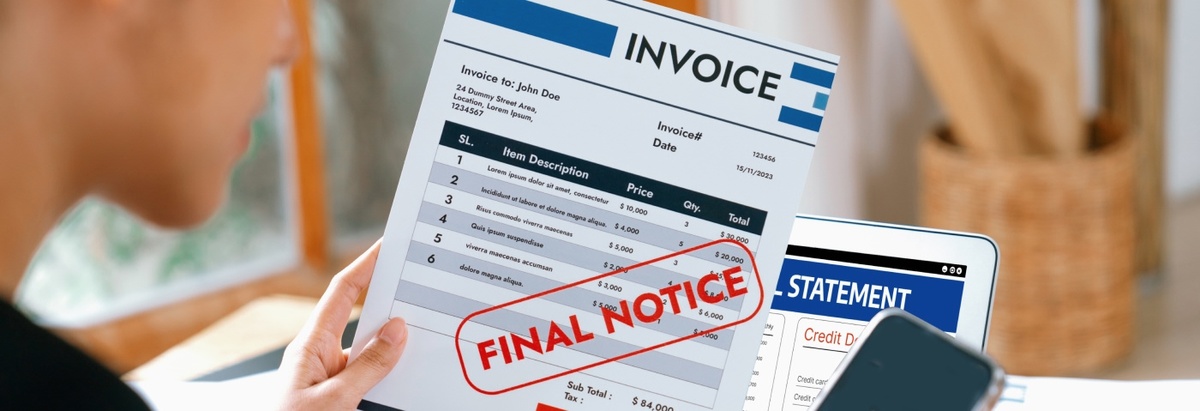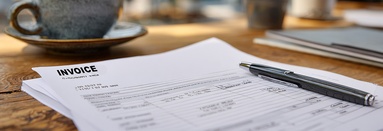For entrepreneurs and managers of large enterprises, cash flow is the oxygen of business. You can have the most innovative product, the best team, and a strong sales pipeline—but if invoices go unpaid, your company’s growth slows to a crawl. The big question many leaders face is: how do I recover unpaid invoices without damaging client relationships or exhausting internal resources?
This guide walks you through prevention strategies, escalation steps, legal remedies, and how Retrievables can become your trusted partner in recovering unpaid commercial debt.
Understanding the Challenge of Unpaid Invoices
Why Customers Delay or Avoid Payments
There are many reasons why a customer might delay payment. Sometimes it’s cash flow issues on their side. In other cases, they may dispute the quality of goods or services. And unfortunately, there are instances where clients simply avoid paying, hoping you’ll give up.
The True Cost of Unpaid Invoices on Your Business
Unpaid invoices don’t just affect revenue; they affect payroll, vendor relationships, and your ability to reinvest in growth. Industry reports show that the longer an invoice remains unpaid, the less likely it is to ever be collected. A debt that’s 90 days overdue has a significantly lower recovery rate than one pursued at 30 days.

Best Practices to Prevent Unpaid Invoices
The most effective way to recover unpaid invoices is to prevent them in the first place.
Clear Contracts and Payment Terms
Always put expectations in writing. Contracts should clearly spell out payment due dates, interest or penalties for late payments, and the consequences of non-payment.
Using Deposits and Milestone Payments
Instead of billing everything at the end of a project, structure payments in milestones. This not only secures partial revenue but also encourages ongoing client accountability.
Automating Reminders and Invoicing Systems
Modern accounting software allows you to send automatic reminders before and after due dates. A simple email nudge can often resolve late payments before they become serious problems.
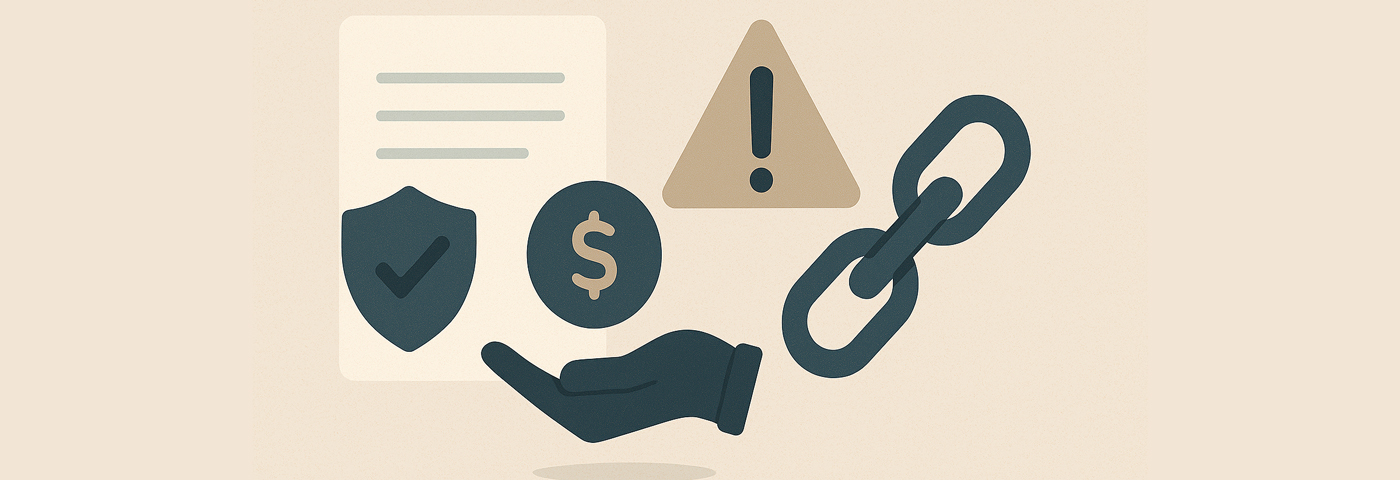
First Steps When an Invoice Becomes Overdue
Once an invoice has passed its due date, timing and professionalism matter.
Review Contractual Obligations and Documentation
Before contacting the client, make sure you’ve fulfilled your obligations. Keep copies of signed contracts, delivery confirmations, and communication records in case the client disputes your claim.
Reach Out With a Friendly but Firm Reminder
Sometimes clients simply overlook an invoice. A polite call or email reminding them of the overdue payment often resolves the matter quickly.
Offer Flexible Payment Solutions
If the client is facing temporary financial trouble, offering installment payments or revised timelines can salvage the relationship while still ensuring recovery.
Escalating Your Collection Efforts
When initial reminders don’t work, you’ll need to escalate.
Sending a Formal Demand Letter
A demand letter, sent on company letterhead or by legal counsel, makes it clear that you’re serious. It should outline the amount due, the services rendered, and a deadline for payment.
Setting Internal Policies on How Long to Wait
Every business should define how long it’s willing to wait before escalating an unpaid invoice. For some, it’s 30 days past due; for others, 60 or 90. The important thing is to be consistent.
Involving a Professional Collection Partner
When invoices remain unpaid despite repeated attempts, it’s time to engage a debt collection professional. This step signals that you won’t let the matter slide, and often prompts faster payment.
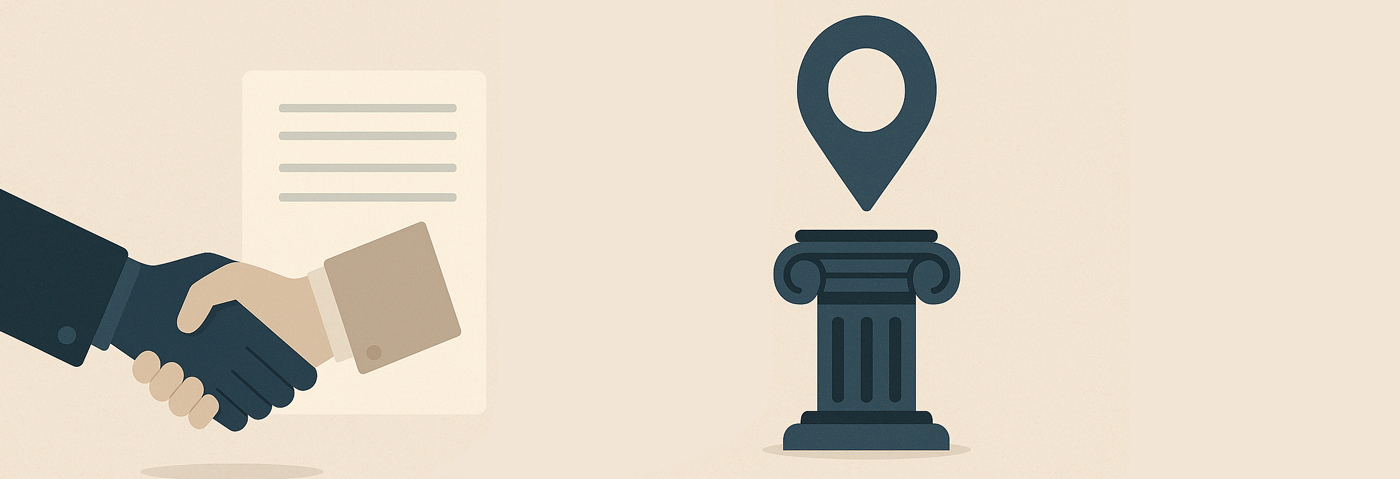
Legal Avenues for Recovering Unpaid Invoices
If negotiation and collection efforts fail, legal action may be necessary.
Small Claims Court vs. Higher Courts
Small claims court is often the fastest, most affordable option for lower-value invoices. For larger amounts, higher courts may be appropriate.
When to Use Arbitration or Mediation
These methods can resolve disputes without the expense of court. Arbitration is legally binding, while mediation helps both parties reach a voluntary agreement.
The Role of Attorneys in Debt Collection
Attorneys can send demand letters, negotiate on your behalf, and initiate litigation if needed. Having a lawyer involved adds significant weight to your case.
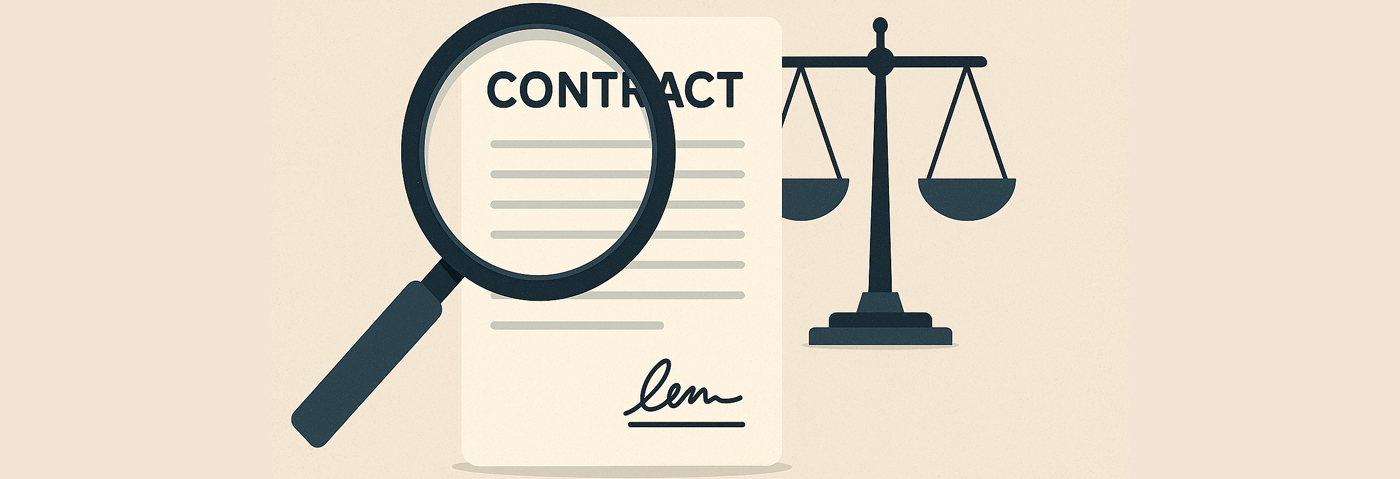
How Retrievables Helps Businesses Recover Commercial Debt
Here’s where Retrievables becomes invaluable.
Connecting Businesses With Specialized Collection Attorneys and Agencies
Retrievables is not just another collection platform. It specializes in commercial debt collection, helping businesses connect with the most suitable attorneys or agencies for their specific situation. This ensures you’re matched with professionals experienced in handling business-to-business collections.
Why Retrievables Focuses on Commercial Debt Collection
Unlike consumer debt, commercial debt involves unique complexities: larger sums, contractual disputes, and cross-border issues. Retrievables was designed to simplify this process by giving businesses direct access to the right legal or collection resources.
Success Stories: Faster and Smarter Recoveries
Clients using Retrievables often report faster recoveries, less time wasted chasing debtors, and better outcomes because the platform pairs them with professionals who specialize in their industry and jurisdiction.
Key Tips to Protect Your Business From Future Non-Payment
Recovering debt is important, but preventing it is even more critical.
Vetting Clients Before Extending Credit
Do background checks on new clients. Review credit histories, references, and payment behaviors before offering long payment terms.
Using Contracts With Strong Legal Protection
Build protective clauses into your contracts, such as late fees, interest, and provisions for attorney fees in case of disputes.
Ongoing Monitoring of Accounts Receivable
Regularly review your accounts receivable aging reports. The faster you spot overdue accounts, the sooner you can act.
Frequently Asked Questions
1. How long should I wait before pursuing unpaid invoices?
Typically, if payment hasn’t been received within 30 days of the due date, it’s time to escalate.
2. Can I charge interest on unpaid invoices?
Yes, but only if your contract allows it or if local laws permit it.
3. What’s the difference between commercial and consumer debt collection?
Commercial debt involves businesses owing money to other businesses. It usually involves larger sums and more complex agreements than consumer debt.
4. Should I hire a debt collection agency or a lawyer?
It depends on the situation. Agencies are effective for straightforward cases, while lawyers are essential when litigation may be required. Retrievables helps you find the right option.
5. Can unpaid invoices damage my business credit?
Yes. If your own vendors or financial partners see unpaid receivables on your books, it may affect your creditworthiness.
6. How does Retrievables choose the right collection partner for me?
Retrievables uses details about your case—such as industry, location, and amount owed—to match you with the most effective agency or attorney for your needs.
Conclusion: Securing Your Business by Acting Early
Recovering unpaid invoices is not just about protecting today’s revenue; it’s about ensuring the long-term health of your business. Acting quickly, escalating appropriately, and involving the right professionals can mean the difference between writing off a debt and recovering your money.
With Retrievables, you don’t have to navigate this alone. The platform connects you with specialized commercial debt collection partners who understand your business and can act swiftly on your behalf. By blending proactive prevention with reliable recovery support, you can keep your business financially secure and ready for growth.
